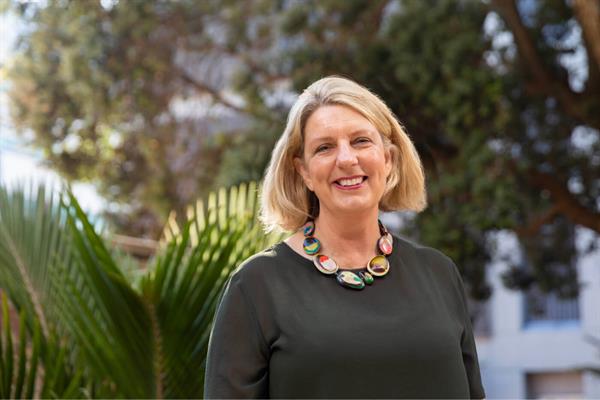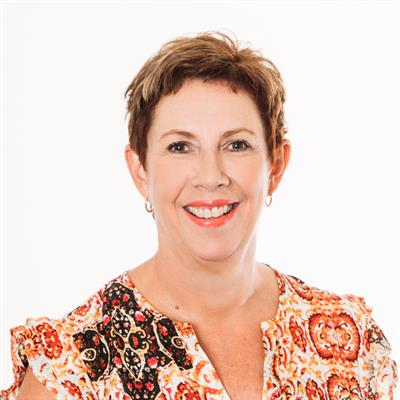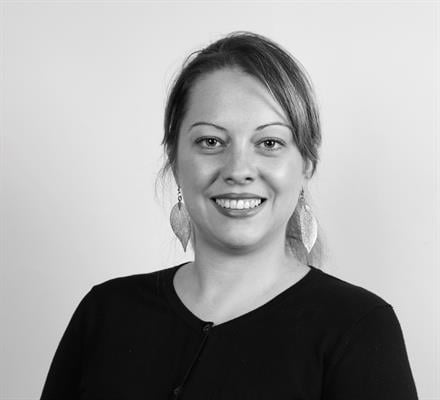We are dedicated to improving the health of childbearing women, children, young people and families through our leadership in midwifery, child and family health research, education, practice development and consultancy.
Key objectives
- Conduct high-quality research to improve the quality of practice, services and systems
- Develop, evaluate and improve practice development initiatives that are based on evidence and best practice and provide technical, evidence-based consultancy services
- Contribute to, and participate in, the educational and professional development of midwives, nurses and other relevant healthcare professionals
- Support capacity building in higher degree research students and early career researchers and support leadership development
- Foster collaborative relationships and interdisciplinary research in practice development and knowledge translation to enable system-level reform
- Explore ways in which midwives maintain woman-centred practice when interacting with technology in the pregnancy, birthing and postnatal spaces.
What we do
The Women and Children's Health Collaborative at UTS brings together leading academics and researchers to build a body of evidence to inform policy and practice through research to benefit women, children and families.
We conduct research that strengthens and supports the health of Australian families, improves policy and systems, particularly in vulnerable populations, develops workforce capacity and practice and improves outcomes for Indigenous women, children and adolescents.
We achieve our goals through the pursuit of excellence in globally relevant research-inspired teaching and learning that has an impact, leading interdisciplinary approaches to health development and improvements, collaboration and engagement with industry partners and developing graduates who are leaders in their profession.
Meet the team



External resources

Become an Institute member
INSIGHT members form part of an ambitious, transdisciplinary intellectual network.

Contact INSIGHT
Still curious or in need of more information? Email us at insight@uts.edu.au and our team will provide you with the clarity you’re looking for.
Level 11, UTS Building 10
15 Broadway
Ultimo NSW 2007



